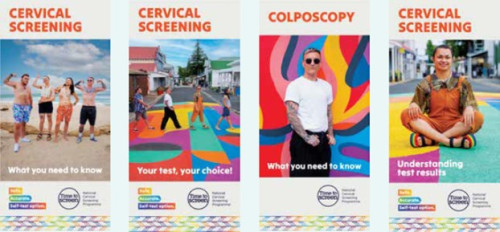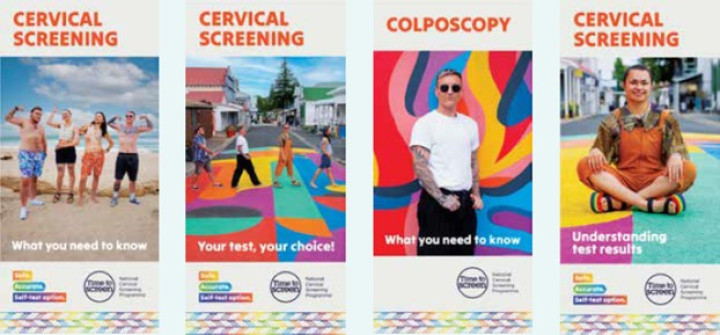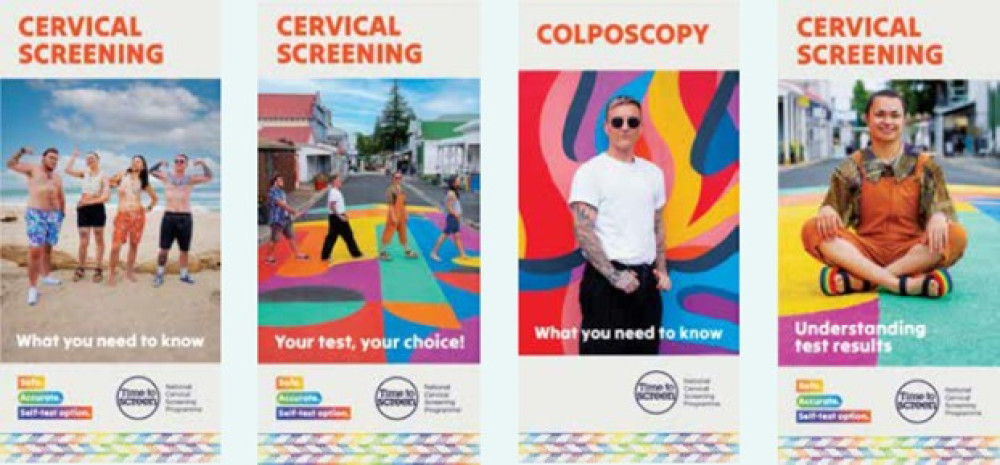On this page
PMS Integration
PMS system integration and cervical screening outcome codes
Last year we sought your feedback on deploying outcome codes to Medtech practices. Thank you to those who provided comments and suggestions, we value your feedback and have taken it onboard.
Based on the response, a decision has been made to discontinue work on an interim standardised solution to deploy outcome codes to Medtech practices.
Since transitioning to HPV primary screening, PHOs/General Practices have developed solutions that suit their local environment. We understand that introducing further changes would be burdensome and we acknowledge the work and change management impact associated with such changes.
The focus of the team will instead be diverted to PMS integration. By providing real-time cervical screening history and pathway status to clinicians, the need for outcomes codes may become redundant.
Improved reporting is in place by way of the monthly Cervical Screening Report and additional reports available in NCSP-R.
Informed Consent
A reminder to all cervical and HPV screen takers, that at each screening appointment, you must continue to inform participants what happens with their result information:
-
The screen taker will receive their result.
-
Their GP will be cc’d in (if participant agrees)
-
The NCSP Register will hold their result.
Please ensure informed consent is documented in their notes i.e. that participant has agreed to their results being shared with their GP and held in the NCSP Register.
Informed consent is a key competency and outlined in Section 3 – Cervical Screening Services.
Information is also outlined in the Health Ed brochure - Cervical Screening: what you need to know.
Rainbow resources
The NCSP has undertaken a co-design process with focus groups from the Rainbow community to develop resources to promote cervical screening and support informed consent. We hope the Rainbow resources will resonate with the community and result in increased screening, particularly now with the option to self-test.
These resources are available to view, print and download through the HealthEd website and will be available to order from mid-February. In the search bar, you can type in “cervical screening rainbow” and the resources will populate.



Free screening for priority groups
There’s often confusion around who is eligible for free screening and why. If asked about funding and unsure how to respond, here are some key points.
Since September 12, 2023 cervical screening is free for:
-
All people of all ethnicities aged 30 – 74 who have never had a screening test or haven’t been screened in the past 5 years;
-
All people requiring follow-up testing including Test of Cure (regardless of age);
-
All Community Service Card holders (25-69 years of age);
-
All wāhine Māori and Pacific women and people with a cervix (25-69 years of age)
Our highest risk communities need to be prioritised. Māori and Pacific women and people with a cervix, are more likely to be diagnosed with cervical cancer than other groups. Around 85% of all people diagnosed with cervical cancer have either never been screened, or have been screened less frequently than recommended. The co-payment for CSC holders aligns with their other entitlements to reduced cost or free access to health services.
Regional Workshops
The NCSP is planning a series of online workshops for February/March, to engage with sector partners to advance the next phase initiatives of the HPV Primary Screening Programme.
The initiatives to be progressed include the development of a sustainable, comprehensive funding model, exploring PMS integration and centralised notifications. Underpinning these initiatives will be considering how we can strengthen the ways we work together to improve whānau/patient journeys.
For further information on the regional workshops, please email Nikki Canter-Burgoyne Nikki.Canter-Burgoyne@TeWhatuOra.govt.nz